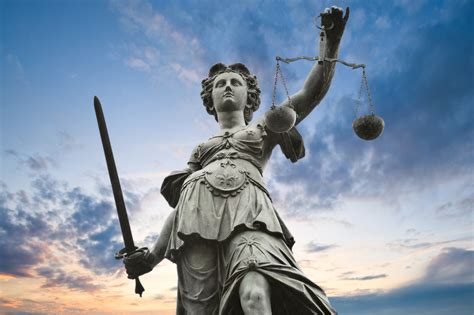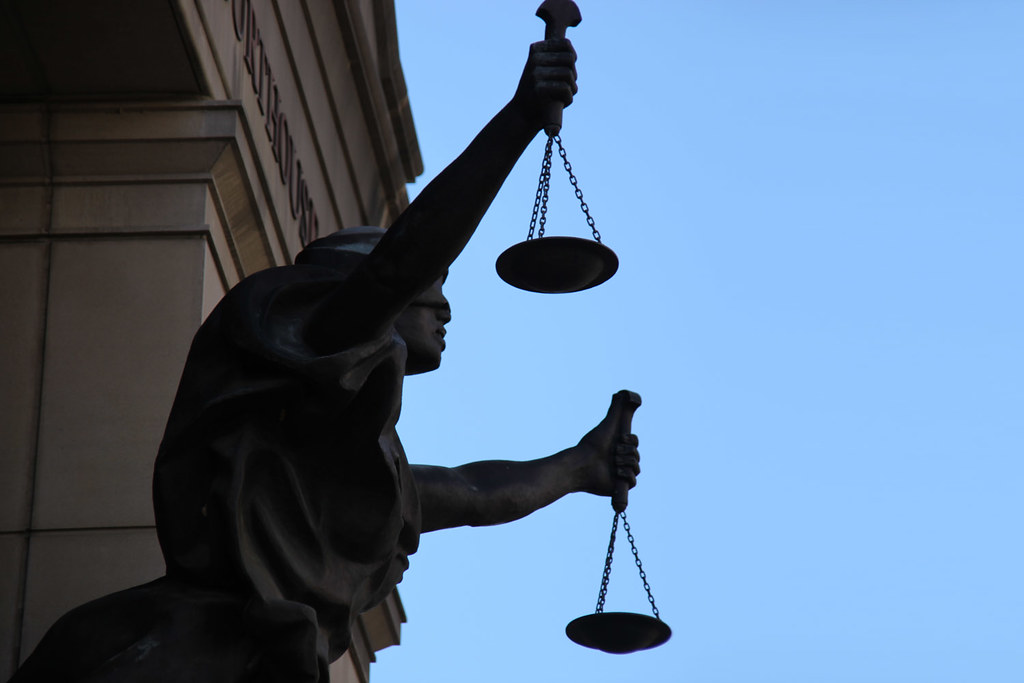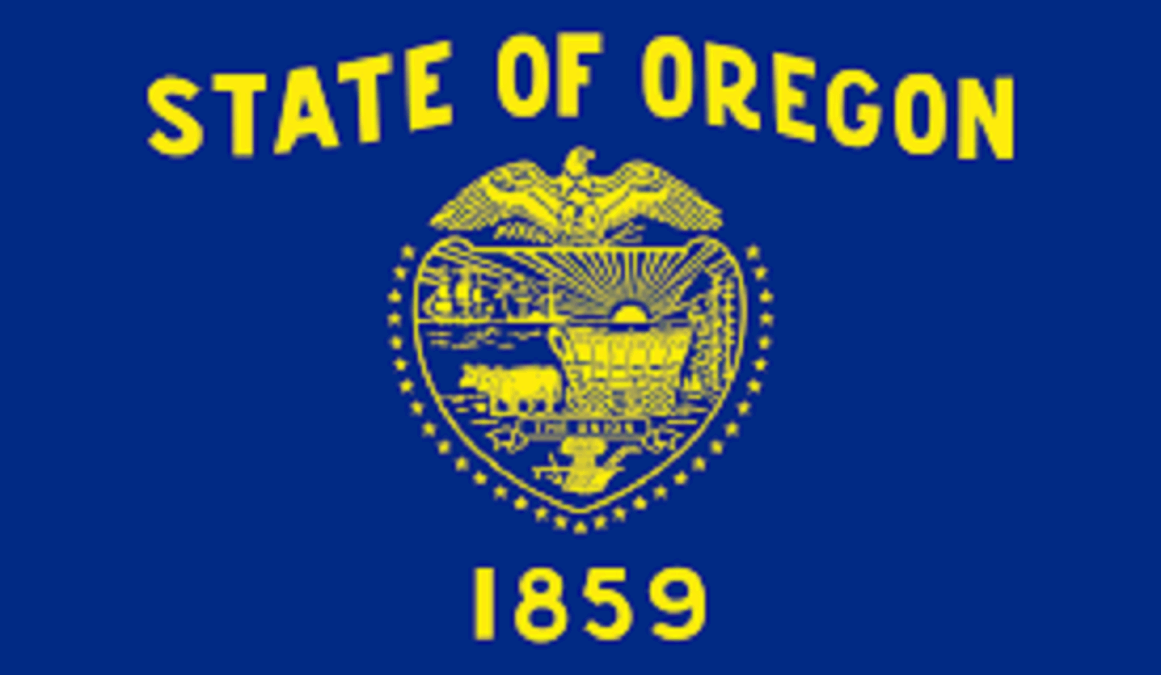News Feed
Make no mistake, we here at Stay in Honor do not condone any law above the Law of the Most High, the “i am”, the “God” of Abraham. The law we promote on this site is sometimes known as natural law or universal law; the news items from feeds below are nevertheless oftentimes interesting, and sometimes there are “reflections” of natural / universal law within the world of man's law, aka the “legal society”. We can learn from anything we decide to learn from, so, enjoy!
Comments on: Newsfeed Independent News and Analysis on the U.S. Supreme Court
Constitutional Law – JONATHAN TURLEY Res ipsa loquitur – The thing itself speaks
-
Supreme Court Delivers Key Victory for Parental Rights in California
by jonathanturley on March 3, 2026 at 12:37 pm
The Supreme Court on Monday issued an important order on its shadow docket in Mirabelli v. Bonta. The court granted an emergency…
-
More Bark Than Bite: Kaine’s War Powers Resolution is an “Imminent” Failure
by jonathanturley on March 2, 2026 at 5:30 pm
We now have a glimpse of the War Powers Resolution promised by Sen. Tim Kaine (D., Va.), which is reportedly…
-
Court Rules for Washington Post Reporter in Major Win for the Press in National Security Case
by jonathanturley on March 2, 2026 at 11:14 am
There was an important ruling last week by Magistrate Judge William B. Porter of the Eastern District of Virginia in…
-
Fight or Flight: How Trump Boxed in Congress on War Powers
by jonathanturley on March 1, 2026 at 4:52 pm
Below is my column in Fox.com on the move this coming week to introduce a war powers resolution to end…
The Volokh Conspiracy Archive The leading libertarian magazine and covering news, politics, culture, and more with reporting and analysis.
-
Interview with Judge Lawrence VanDyke at the University of Florida
by Josh Blackman on March 5, 2026 at 8:58 pm
We talk about his background, his path to the bench, and why he does things differently on the Ninth Circuit.
-
Twenty-Four States Led by Oregon File Lawsuit Challenging Trump's Section 122 Tariffs
by Ilya Somin on March 5, 2026 at 6:08 pm
The massive new tariffs are illegal, just like the IEEPA tariffs previously invalidated by the Supreme Court.
-
My New Dispatch Article on “Why Donald Trump's Iran War is Unconstitutional”
by Ilya Somin on March 5, 2026 at 3:45 pm
The article explains why the war requires congressional authorization,and why this requirement is important.
-
How the Supreme Court's Conception of Its Role Contributes to the Deformation of the Constitution
by Tom Merrill on March 5, 2026 at 1:01 pm
The Court's law-declaration approach not only departs from its dispute-resolution premise but risks yielding a faulty product.
JURIST – News Serious law. Primary sources. Global perspective
-
Rights group says Germany social security bill undermines human rights
by Salma Ben Mariem | Faculty of Law and Political Science of Sousse, TN on March 5, 2026 at 7:02 pm
Human Rights Watch (HRW) stated on Thursday that Germany’s proposed amendment to the basic income program for job seekers would undermine fundamental human rights and violate the country’s constitution, urging parliament to reject the bill. HRW’s senior Europe researcher, Kartik Raj, said that the proposed bill does not comply with Germany’s human rights obligations under The post Rights group says Germany social security bill undermines human rights appeared first on JURIST – News.
-
EU General Court expands financial compensation rights for delayed flight passengers
by Tiana Nowzari | Lincoln Alexander School of Law, CA on March 5, 2026 at 10:31 am
The European Union’s second-highest court strengthened air passengers’ rights in the event of flight delays in a ruling released Wednesday, clarifying when travelers are entitled to financial compensation under EU law. In its judgment, the General Court of the EU concluded: The autonomous decision of the operating air carrier to wait for the passengers of The post EU General Court expands financial compensation rights for delayed flight passengers appeared first on JURIST – News.
-
South Korea doctors jailed for performing abortion at 36 weeks
by Derren Chan | JURIST Staff on March 5, 2026 at 9:57 am
The South Korea Central District Court on Wednesday jailed two doctors for performing an abortion on a woman who was in her 36th week of pregnancy. The court held that the hospital director and the operating surgeon are both guilty of murder, sentencing them to prison terms of six and four years, respectively. According to the prosecutor, the The post South Korea doctors jailed for performing abortion at 36 weeks appeared first on JURIST – News.
-
UN demands investigation into US-Israeli strike on Iranian girls’ school
by Reza Hossaini | Newcastle Law School, GB on March 5, 2026 at 3:31 am
The United Nations on Tuesday urgently called for civilian protection amid growing violence and instability in the Middle East—and particularly in regard to the ongoing US and Israeli military operations against Iran. The UN urged a thorough investigation into a deadly strike on a girls’ school in Iran, and requested the disclosure of all relevant The post UN demands investigation into US-Israeli strike on Iranian girls’ school appeared first on JURIST – News.





